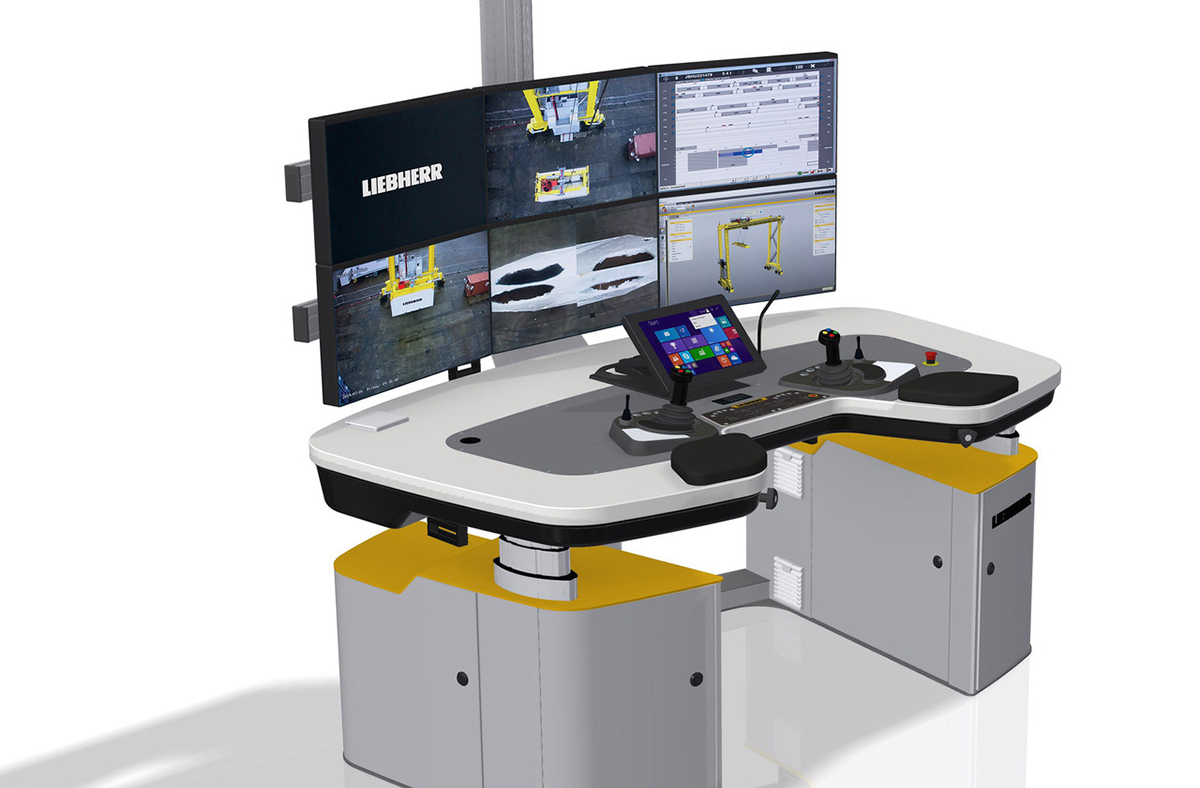In 2022, diesel and gas oil inventories in the UK had fallen to 1.57 million tonnes by the end of February, down from 2.23 million at the same period the year before1. Richard Clement, Deputy General Manager of Smart Construction, discusses how fuel bans have affected the construction industry in the United Kingdom and Ireland, and how adopting new processes and machinery can ensure efficient diesel usage.
Rebated fuels
With diesel and gas oil inventories falling by almost 30 per cent over the previous twelve months2 and the ban on red diesel reaching construction sites, construction industries across the UK and Ireland have been met with a multitude of complications.
Red diesel has traditionally been used for machinery and off-road vehicles, including construction machinery such as diggers and bulldozers. Due to the large amount of red diesel that was once used to power vehicles and machinery, the construction industry is one of the sectors that has felt greatly affected by the April 2022 ban on red diesel. Heavy plant machinery is now fully at the mercy of market prices for fuel, which can lead to huge expenses for site teams and contractors at construction sites.
The construction industry must adapt to ensure it is operating as efficiently as possible with their diesel usage, ensuring that fleet and plant machinery is operating at its most efficient level has never been more important. Through the digital transformation of the construction industry and its machinery, digital solutions can target unnecessary idle times and ensure payloads are optimised, which in turn will reduce fuel usage and rising costs.
Digital solutions
According to the RAC, the UK fuel market was hit by one of the sharpest jumps in fuel prices in more than two decades in August3 . The average cost of filling a tank climbed by roughly £4, and with red diesel no longer an option for the construction industry, managers and decision makers who want to ensure their fuel use is tracked and isn’t becoming an unnecessary expense must turn to digital solutions.
These solutions allow machines to be tracked at the site and can pinpoint idle times or excessive waiting periods. Smart Construction Fleet enhances fuel efficiency by offering real-time insights into machine productivity and operations. This data-driven approach allows managers to optimise fuel usage and significantly increase fuel efficiency.
One of Fleet’s standout features is its ability to track cycle time, cycle counts, and load volume of each machine in the fleet. By leveraging this data, managers can pinpoint inefficiencies such as idle machines or logistical bottlenecks that lead to unnecessary fuel consumption.
Efficiently managing truck load is also key to fuel economy improvement. The payload metre functionality from Smart Construction 3D Machine Guidance Kit ensures that each truck is loaded with the optimum amount of material without risking overload, cutting down on fuel usage and costs by negating extra journeys which weren’t essential.
Connecting this digital solution with Smart Construction Fleet combines payload data with logistic information for an efficient overview on productivity and further advancements on the fuel economy. The Fleet solution provides construction site managers with a comprehensive view of their fleet, enabling them to make data-driven and insightful decisions. Site managers can monitor the fleet’s performance, fuel consumption, and machine maintenance and utilise this information to combat these issues that may lead to an over use of fuel.
To make overall change to the fuel consumption in construction, we need to focus on making digital solutions viable for all. Through the digital transformation of both the industry and its machinery, site managers and workers can reduce their diesel usage and in turn save money, reduce idle times and streamline important processes.
For more information about Smart Construction, please visit www.smartconstruction.io.














